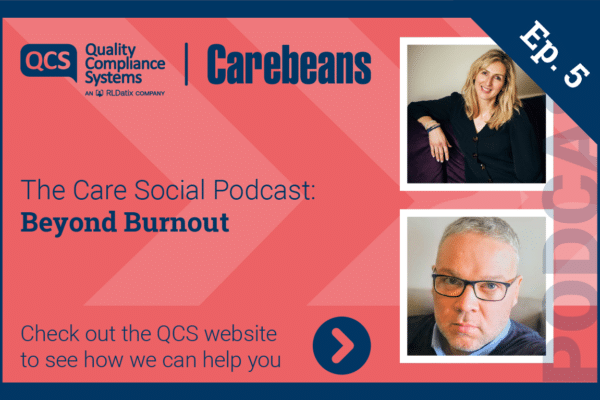What is it?
Reminiscence is a treatment that uses all our senses, sight, touch, taste, smell and sound, to help people with dementia remember and share memories, events, experiences and stories from their past. Someone with dementia may not remember what they had for breakfast or who visited yesterday but memories of their first job or the music they danced to in their teens may remain as clear as a bell. Reminiscence draws on these strengths to help people reconnect with the past and re-establish their identity and sense of belonging.
Why do it?
Re-connecting with memories from the past not only provides comfort and pleasure for people with dementia, it can be the key to reducing stress and agitation. It helps you to get to build a therapeutic relationship with your residents and understand their behaviour. You can use this knowledge to make all daily activities more meaningful and tap into their strengths to facilitate better communication and participation in leisure activities.
How to do it?
The aim is to tap into old skills by whatever means you can think of. A good life storybook is a great place to start. Photographs are always a good conversation starter. Find out as much as you can about the person. Likes and dislikes, including food, TV programs, jobs, hobbies, scents. Sadly, sometimes there isn’t much background information and it can be just a process of trial and error to find out the things that make a person tick. from teens and early twenties are the easiest to tap into. It’s so satisfying when you hit on the right thing! There are many good resources on the internet. https://www.bbc.co.uk/programmes/articles/3vT05CcGRg0Wk3jqFfShdPV/bbc-music-memories-bbc-memory-radio is a brilliant resource and it’s free! Music memories stay with us longer than any others.
Be creative. Starting the day with reminiscence can provide a comforting start to someone’s day and increase their sense of belonging. Use their favourite toiletries and comment on the smell, putting favourite music on while getting dressed can facilitate more participation. Mealtimes are an opportunity to talk about favourite foods and the events associated with them, perhaps rationing or trips to the seaside. Familiar tastes and smells can awaken distant memories.
When you have found the triggers that help someone connect with their past, make it part of their daily routine. Talk about comforting memories regularly, play favourite music, put photos on the wall, have familiar objects handy. Play favourite old movies or set up a game of skittles. Reminiscence is a treatment for every part of every day not just an isolated activity.
Someone in the late stages of dementia, who has difficulty communicating may still benefit from sensory activities to reactivate comforting memories. Soft toys and dolls can help someone tap into long forgotten feelings and emotions. Familiar smells can reawaken memories and provide comforting activities such as hand massage or even just a soft flannel sprayed with favourite scent.. Music memories are held onto for a long time and the right music for that person is a wonderful way to provide stimulation and comfort.
You don’t need expensive kits or training to be able to do it, it can just be part of your everyday interactions with residents. The more you do it the easier and more enjoyable it becomes for your residents and yourself.







